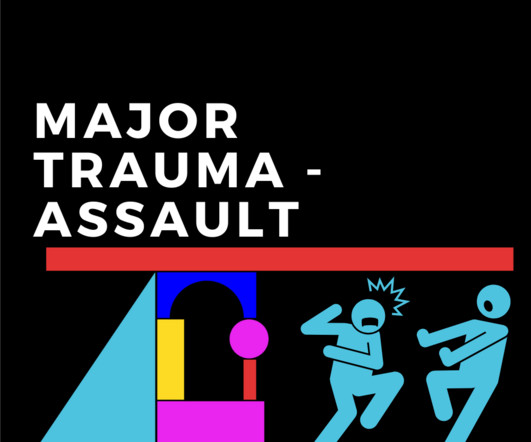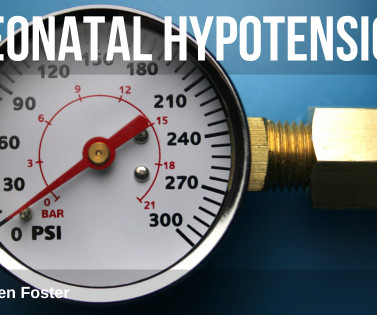What Are the Classifications of Perinatal Stroke?
Pediatric Education
APRIL 30, 2023
She had a history of neonatal stroke for which she had received physical and occupational therapy. The mother and medical records confirmed that a cause had not been determined but the child had a neonatal arterial ischemic stroke. The mother had been evaluated for hypercoagulability which was negative.























Let's personalize your content